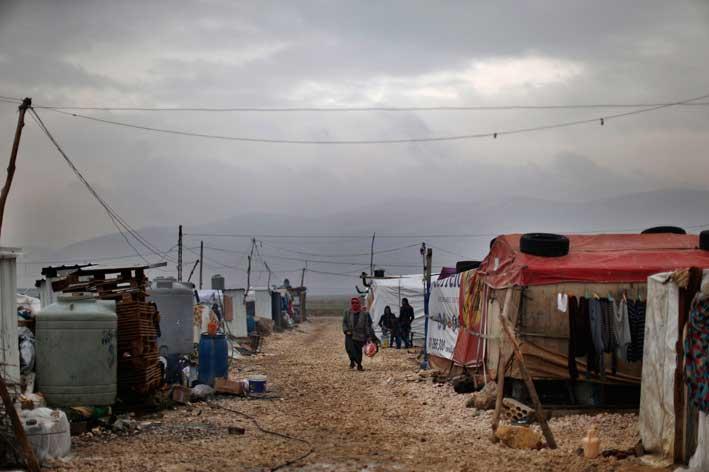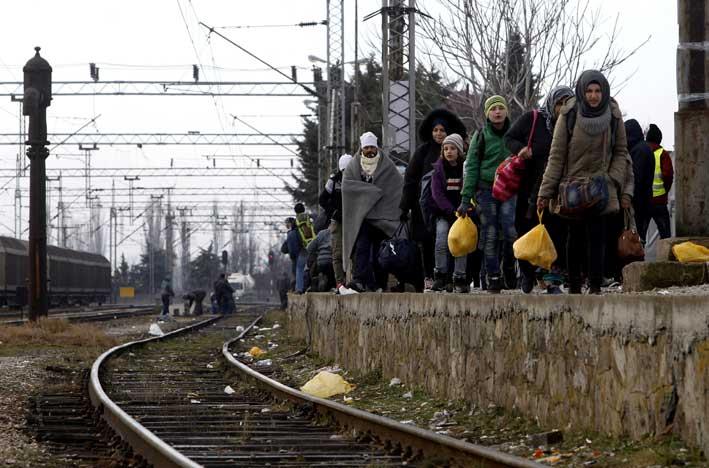European Union countries are lagging far behind in their commitments to relocate over 150,000 refugees from Italy and Greece by September 2017.
Originally, EU countries agreed to take 40,000 and later agreed to take an additional 120,000. However, countries seem to be lagging far behind the agreed-on goals.
Earlier this month, the European Commission released an update of the number of refugees taken, and so far, only 3056 people have been relocated.

Under the emergency relocation scheme, asylum seekers with a high chance of having their applications successfully processed are relocated from Greece and Italy, where they arrived, to other member states where they will have their asylum applications processed. If the applications are successful, the applicants will be granted refugee status with the right to reside in the member state to which they are relocated. The relocations should take place over two years (from the original agreement last September) with the EU budget providing financial support to the Member States participating.
Statistics show that Malta, as of earlier this month, relocated 17 refugees from Italy and 24 from Greece. Malta had agreed to take a total of 189 refugees.
Countries like Hungary have not taken a single refugee, nor has Austria. Portugal has taken a total of 452, France 991, and Germany took 57 so far.
However, the Commission observed that relocation has continued at the increased rate reached in the previous month with an additional 776 people relocated since 14 June.

A Commission statement noted that, “Although this constitutes positive progress and shows that member states are stepping up their efforts, it still falls far short of the Commission's proposed target of relocating 6,000 people per month. Member states are not yet meeting the commitments they made under the Council Decisions on relocation.
“The pace of relocation transfers from Greece increased during the reporting period, notably due to an increased engagement from several member states and the heightened capacity of the Greek asylum service to process relocation requests. However, relocation from Italy decreased and remained at a particularly low level compared to the continuously high number of potential applicants for relocation arriving in Italy.”
Given that it is just over a month away from the half-way mark to the 2017 deadline, doubts on whether the EU Council’s agreed-on goals will be reached are on the rise.